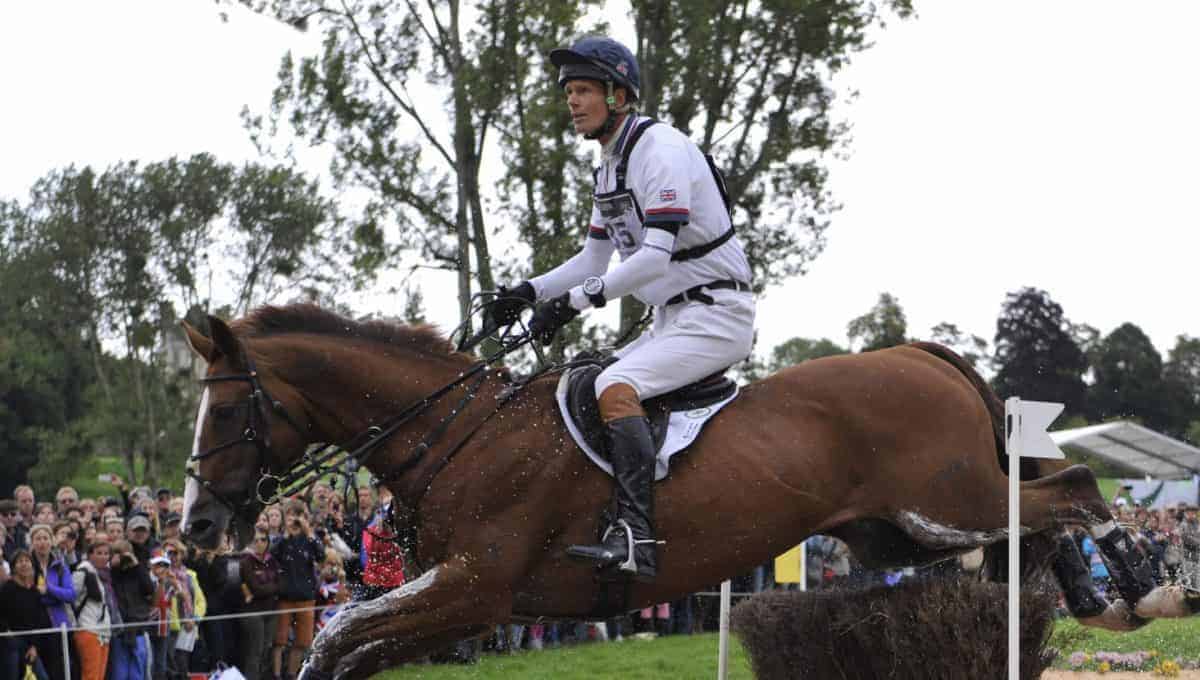Fixed-peak helmets banned on cross-country

Fixed peak helmets might be soaring in popularity across some disciplines, but they are not allowed in the cross-country phase of British Eventing (BE) affiliated events.
Skull caps
The ruling was listed in the 2015 BE members handbook, released in January. It states only jockey skull caps can be worn while riding cross-country, though helmets with fixed peaks can still be used for showjumping and dressage phases.
According to BE, a jockey skull typically has no peak or noticeable protuberances above the eyes (or to the front), and has an even, elliptical or rounded shape with a smooth or slightly abrasive surface. They are usually worn with a removable hat cover containing the peak.
Best protection
“The safety of its members is of paramount importance to British Eventing, and this rule has been introduced to enable BE members to compete in the best personal protective equipment available,” said Chris Farr, BE sport operations manager.
This new hat ruling follows BE’s ban on the use of helmet cameraslast year,pending independent research into their impact on rider safety.
Changing styles
Peaked hats have become the norm in the disciplines of pure dressage and showjumping, taking over from peaked velvet caps and, in the case of advanced dressage, top hats.
Riders such as showjumper Peter Charles, who switched to using a safety helmet following a bad fall in 2006, and dressage rider Charlotte Dujardin, who opts to use a helmet following a head injury early in her riding career, have helped boost the popularity of peaked riding hats.







